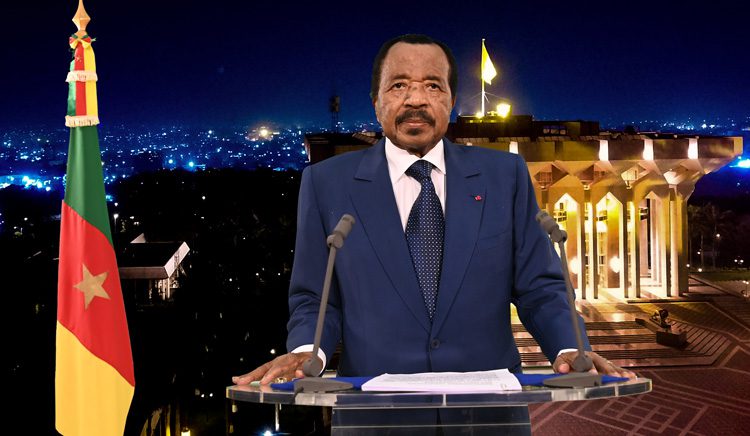In a historic turn of events, Senegal recently elected 44-year-old Bassirou Diomaye Faye as its youngest president (and youngest leader in Africa too), signaling a significant shift in leadership dynamics on the African continent. As Senegal embraces change, the spotlight now turns to Central Africa’s Cameroon, where entrenched leader Paul Biya has maintained power for over four decades.

With President Biya, now in his 90s, preparing for another re-election bid in 2025, many Cameroonians are calling for a new era of leadership. Corruption, economic stagnation, and cultural decline have plagued the country under Biya’s rule, prompting citizens to seek a fresh start. The ongoing Anglophone crisis further underscores the need for transformative governance.
Senegal’s election of a youthful president offers a beacon of hope for Cameroon’s future. Bassirou Diomaye Faye‘s victory symbolizes a departure from the status quo and a commitment to fostering stability and economic prosperity. With Cameroon’s population predominantly young, embracing youthful leadership could catalyze positive change and address the pressing issues facing the nation.
The Anglophone crisis, which has led to widespread violence and displacement, remains a critical issue in Cameroon. A new, dynamic leader has the potential to engage with all stakeholders and facilitate constructive dialogue to resolve the crisis. Senegal’s example demonstrates that inclusive governance and proactive leadership can pave the way for peace and reconciliation.
Lessons Learned from Senegal
Senegal’s democratic transition serves as a valuable lesson for Cameroon. The peaceful transfer of power and the election of a youthful leader highlight the importance of fair and transparent elections.
Cameroonians are increasingly vocal about the need for accountable governance and meaningful change, echoing the sentiments echoed in Senegal’s recent election.
As Senegal celebrates its new era of leadership, Cameroon stands at a crossroads. The election of Bassirou Diomaye Faye underscores the power of democracy and the potential for transformative leadership. It is time for Cameroonians to unite in their call for change, and usher in a new chapter of progress, prosperity, and inclusive governance.